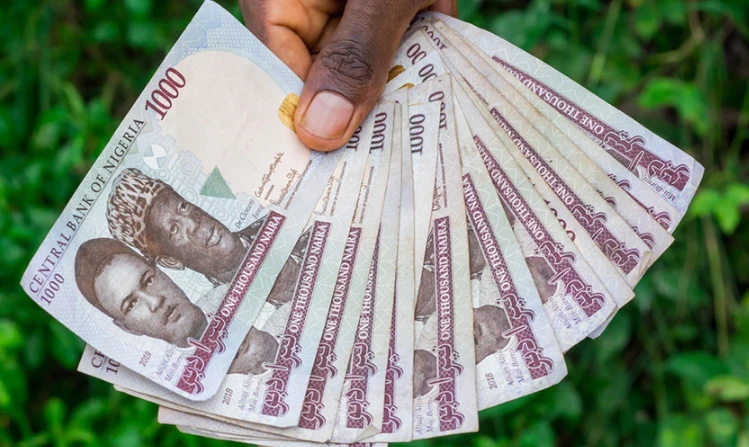Politicians campaigning for votes in next month’s general elections have been accused of stoking violence among the youth in the Damboa Local Government Area of Borno State, allegedly offering them drugs and money which, residents say, leads to fights and brawls among them.
A political analyst even alleged that some politicians had encouraged young people to set fire to opponents’ houses.
Modu Kur, a resident, told RNI reporter Alkali Mustapha that he had seen politicians handing out money and sometimes even drugs to young people and claimed it was causing heated disputes among the youths.
“After one politician had distributed ‘materials’, I don’t know what, I saw young people fighting. One of the youths even bit another so hard on the head that he fainted. Only God knows what is going to happen as the elections draw nearer.
“Politicians are known to hand out money before elections. This is not a new thing. They tell the youths that they can do anything with the money but it is really a bribe to get more votes.
“But,” Kur said, “the discord this time is different from previous years. And I believe it is because there are so many young people that do not have a job. They cannot afford to go to tertiary institutions; many turn to taking drugs. They need money because they are addicts and the politicians know and use this.”
Hadiza Bukar said: “Whenever there are elections coming up, the young people are given money for drugs and many are already addicted. Because they might not agree about politics, violence breaks out and the youths end up fighting one another. I have heard of cases when some have been killed during these fights.”
Resident Babagana Ali told RNI that, because of the elections, violence among young people was increasing to an alarming degree.
“I have even seen fights among adults and elders.”
He said a few days ago some politicians had visited Damboa. When one of the politicians put up a poster, some of the youths tore it down. Soon a fight broke out. Some of the youths were injured and in pain. Eventually, they were taken to the local police station.
Comrade Malam Gana Alhaji Bukar Kulloma, a political analyst, told RNI that many of the youths had graduated but they could not find a job. Some wanted to continue their studies but they did not have enough money.
“So, corrupt politicians often use them by giving them money and drugs to feed their addictions. They don’t just tear down political posters off walls, they have even been known to set fire to opponents’ people’s houses.
“Before campaigning for the elections the youths promised they would not take part in any violent attacks. Some even signed papers at their schools and mosques, promising to be tolerant of other people’s political views even if they differed from their own. But they seem to have forgotten about that now. And fights are breaking out all over Damboa.”
Kulloma said one of the problems was that schools, mosques and parents had not created enough awareness about politics and what could happen during political campaigns and elections. The youths should have been warned that politicians might try to use them as pawns in their fight to win votes. They should have been warned about the risks of “working” for a politician.
“All this should have been taught at schools and, afterwards, at tertiary institutions. Imams at mosques should have told them about the dangers of corrupt politicians. Even traditional leaders should have become involved. And it should be one of the responsibilities of all parents to instil in their children this knowledge.
“Some politicians are very corrupt. They hand out money to young people, hoping to get their votes. They use them to put up posters and hand out pamphlets. They send them on errands. So, they use them while they need them, even handing lots of cash, but once the elections are over, they disappear and you don’t see another politician until the next elections in four years’ time. Politicians don’t care about the electorate – except of course in the run-up to elections – all they care about are their own families and relatives, and their positions as politicians.”
ZAINAB ALHAJI ALI








